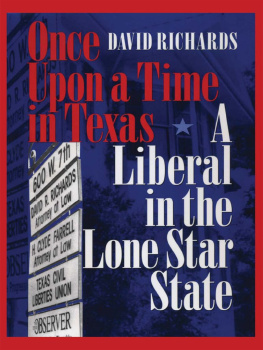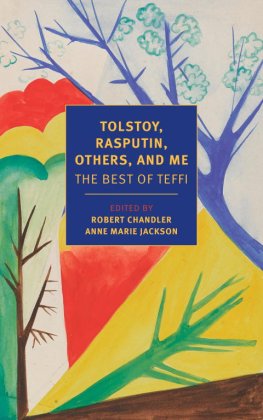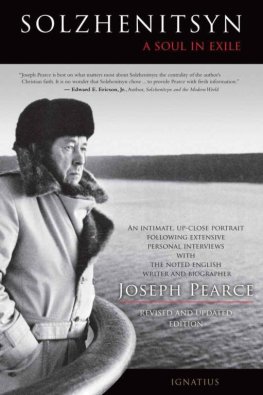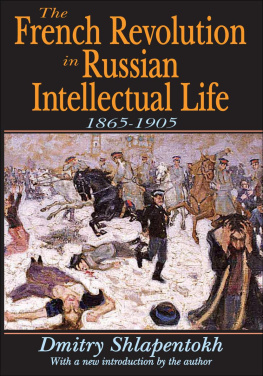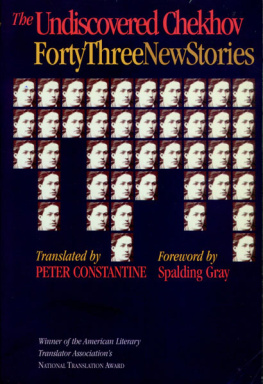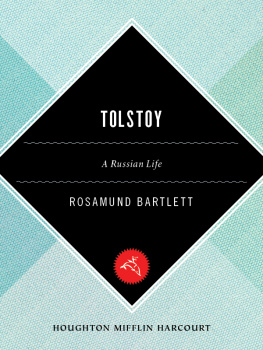PENGUIN TWENTIETH-CENTURY CLASSICS
THE GENTLEMAN FROM SAN FRANCISCO
and Other Stories
Ivan Bunin was born in 1870 in Voronezh, Russia. His early writing career brought rapid fame and by 1910 he had achieved popular success after the publication of a couple of books of verse, a translation of Longfellows Hiawatha and some short stories. At this time, his main theme was that of the classical nineteenth-century writers: the life of the peasants and the landowners. His later works, The Dry Valley, for example, contained in The Elaghin Affair and Other Stories, confirmed that Bunin continued the critical realism of his famous predecessors.
However, in his next series of stories, he turned away from Russia and described life in foreign, often exotic lands. The Gentleman From San Francisco falls into this category and initiates a major theme in Bunins work the enigma of death.
In 1920 Bunin left Russia and was condemned as a traitor. In 1933 he was awarded the Nobel Prize. This was a controversial decision as he was an migr and outspoken enemy of the Soviet rgime. He lived an unsettled life in exile and died in the South of France in considerable deprivation in 1953.
Ivan Bunin
THE GENTLEMAN
FROM
SAN FRANCISCO
and Other Stories
Translated byDavidRichards and SophieLund

PENGUIN BOOKS
PENGUIN BOOKS
Published by the Penguin Group
Penguin Books Ltd, 80 Strand, London WC2R 0RL, England
Penguin Group (USA) Inc., 375 Hudson Street, New York, New York 10014, USA
Penguin Group (Canada), 90 Eglinton Avenue East, Suite 700, Toronto, Ontario, Canada M4P 2Y3 (a division of Pearson Penguin Canada Inc.)
Penguin Ireland, 25 St Stephens Green, Dublin 2, Ireland (a division of Penguin Books Ltd)
Penguin Group (Australia), 250 Camberwell Road, Camberwell, Victoria 3124, Australia (a division of Pearson Australia Group Pty Ltd)
Penguin Books India Pvt Ltd, 11 Community Centre, Panchsheel Park, New Delhi 110 017, India
Penguin Group (NZ), 67 Apollo Drive, Rosedale, North Shore 0632, New Zealand (a division of Pearson New Zealand Ltd)
Penguin Books (South Africa) (Pty) Ltd, 24 Sturdee Avenue, Rosebank, Johannesburg 2196, South Africa
Penguin Books Ltd, Registered Offices: 80 Strand, London WC2R 0RL, England
www.penguin.com
First published by Angel Books 1984
Published in Penguin Books 1987
Copyright Estate of Ivan Bunin and Agence Hoffman, paris, 1984, 1987
These translations copyright David Richards and Sophie Lund, 1984, 1987
Introduction copyright David Richards, 1984, 1987
All rights reserved
Except in the United States of America, this book is sold subject to the condition that it shall not, by way of trade or otherwise, be lent, re-sold, hired out, or otherwise circulated without the publishers prior consent in any form of binding or cover other than that in which it is published and without a similar condition including this condition being imposed on the subsequent purchaser
ISBN: 978-0-14-196540-6
CONTENTS
INTRODUCTION
Life should be a delight.
Bunin: Arsenevs Life (1933)
Ivan Bunin (18701953) is one of Russias supreme literary artists, yet even today more than fifty years after he was awarded the Nobel Prize for Literature the unique power of his strikingly individual voice has not gained anything like due recognition in the English-speaking world.
This neglect, however, would seem to be a not unexpected sequel to a life marked throughout by uncertainties and deprivations. After a happy childhood and youth on his parents estates in Central Russia, Bunin resolved in 1895 to devote himself to a full-time literary career. From then on his financial position was insecure and this, together with his penchant for a nomadic existence, meant that for many years he possessed no permanent home. On top of this he suffered first a long and tortured affair and then a disastrous marriage, the collapse of which was followed by the death of his only child at the age of five.
Bunins early literary endeavours met with encouraging success. Between 1902 and 1909 Gorkys publishing house, Znanie, issued five volumes of his work, he was three times awarded the Academy of Sciences Pushkin medal for his poetry, and in 1910 he achieved popular acclaim for his long story of life in the Russian countryside, The Village. Not until he was in his mid-forties, however, did Bunin produce his first prose masterpieces, three of which, The Gentleman from San Francisco (1915), The Primer of Love (1915), and Changs Dreams (1916), open the present volume. Just when his literary position seemed to be assured, the political upheavals of 1917 provoked a fresh crisis in his life. Once it became clear that the Bolsheviks would be victorious in the ensuing civil war, Bunin emigrated from Russia, never to return. In 1920, at the age of fifty, he had to start a new life and literary career in western Europe.
Astonishingly, this was when his genius came into full flower. In a golden decade of creativity he proceeded to compose a seemingly endless stream of movingly eloquent short stories and also two longer works, Mityas Love and his Proustian fictional autobiography, Arsenevs Life. Eight masterly pieces from this period are included in the present selection: Temir-Aksak-Khan (1921), Long Ago (1922), An Unknown Friend (1923), At Sea, at Night (1923), Graffiti (1924), Mityas Love (1924), Sunstroke (1925) and his much admired philosophical reverie, Night (1925).
Outside a small set of Russian migr admirers, however, Bunins superb post-revolutionary work was tragically ignored during his lifetime. In the Soviet Union he was condemned as a traitor and after 1928 nothing of his was published there until after his death twenty-five years later. Few western European literati knew Russian, and the translations of his works which occasionally appeared were either grossly inaccurate or completely insensitive, or both. Bunins fortunes, both literary and financial, were given a welcome boost when he was awarded the Nobel Prize for Literature in 1933, but the benefits from this triumph were short-lived and soon completely extinguished by the Second World War which Bunin endured in Grasse in the South of France, in a state of considerable deprivation.
The final disappointment of his life came when even his Russian migr supporters turned away: his last volume of stories, Dark Avenues, which was published in full in Paris in 1946 (eleven of the stories had been issued in New York three years earlier in a limited edition), was met with either silence or expressions of dismay at what were regarded as distasteful descriptions of sexual encounters. Bunin had cherished high hopes for this volume which he more than once claimed as his best work. Every one of the thirty-eight stories in Dark Avenues is about love, and although they almost all end unhappily, their overall effect on the reader is not in the least dispiriting since the protagonists experiences are recounted with such confident gratitude and delight. Six stories from this volume The Caucasus (1937), Late Hour (1938), Visiting Cards (1940), Zoyka and Valeria (1940), The Riverside Tavern (1943), and A Cold Autumn (1944) conclude the present collection.
Like the great Russian realists he admired, Turgenev, Chekhov and, above all, Tolstoy, Bunin drew artistic inspiration from his personal experience. Hence his stories are set for the most part in that late nineteenth- and early twentieth-century Russia which he knew in his youth, but also in the France where he spent the last thirty years of his life, and in those various countries of Europe, Africa and Asia which he visited in the early years of the century.
Next page

